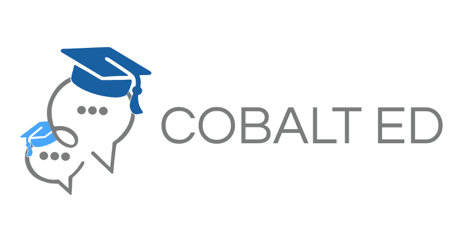Social and Emotional Learning
“Our efforts as educators must go beyond literacy, math, history, science, and other core subjects to include helping students to build the social, emotional, and behavioral skills they will need to fully access and participate in learning and make the most of their potential and future opportunities,” Secretary Cardona said. “Amid the pandemic, we know that our students have experienced so much. We can’t unlock students’ potential unless we also address the needs, they bring with them to the classroom each day.”
Medical and mental health care are frequently “siloed” and provided in separate facilities by different providers making it cumbersome and confusing to obtain needed care (Knickman et al., 2016). Similarly, within schools, those providing direct services to children and students, including teachers, counselors, school psychologists, and social workers, are often” siloed” and work in relative isolation from one another (Adelman & Taylor, 2021b) affecting all children and students, including those with disabilities (Skaar et al., 2020).
Cobalt Ed provides a common platform to overcome the fragmented delivery system challenges. Meeting the comprehensive mental health and social-emotional needs of all children and students requires coordinated policy and communication stream amongst the professionals. However, school, district, and state staff often lack the knowledge of these systems to satisfy requirements for funding (Maag & Katsiyannis, 2010). The ESSER and EANS funding can provide a common platform to overcome these challenges. The one platform can increase and improve communication services and support to ensure the needs of the students are addressed.
Many schools and districts refer students with social and emotional needs to IDEA, for professional counseling and guidance. To comply with IDEA and Section 504, individualized programs should (a) support children and students in each area of unique need—including educational, social, emotional, behavioral, and related areas—with high-quality and evidence-based support and (b) employ functional behavioral assessment to develop individualized behavioral intervention plans for students whose behaviors interfere with their ability to access and benefit from the education program. Schools, districts and educational organizations need to provide comprehensive professional development to the classroom teachers, administrators and parents.
Cobalt Ed is dedicated to serving the educational community with evidence-based professional development to meet the growing social-emotional needs facing schools. Cobalt Ed integrates the current research and evidence on the importance of prevention and intervention practices to address the mental health needs of children and students as a key component of the professional development services.
Cobalt Ed will consult with the schools’ administrators and teachers to identify the students who may need social, emotional and behavioral services. The school, district and organizational leadership can identify the use of ESSER, GEER, IDEA, Title I, Title IVA programs to serve the targeted students. Cobalt Ed can support the educators and parents with comprehensive professional development and resources on the Cobalt Ed platform. The platform can support the communication amongst the professionals and parents to ensure meeting the needs of the identified students.
Cobalt Ed will address the need for a common technology platform for retrieval of data and pertinent information and to increase the communication amongst the educational specialists, classroom teachers, administrators and parents. The Cobalt Ed technology portal will house the initial and on-going professional development services, instructional resources, evaluation tools and assessment data.
Resources to address child and student mental health needs vary across schools, programs, and districts, often focus on crisis management, and rest heavily on reactive responses to individual child or student issues rather than a comprehensive system of support (Geiser et al., 2019). Many school staff have limited mental health knowledge (Frauenholtz et al., 2017), and schools rely on community-based mental health services to provide or supplement their school mental health supports.
Cobalt Ed can minimize the challenges with the implementation of the technology platform to provide a comprehensive support with access to needs-based professional training, access to best practices, mental health resources and increase communication on mental, social, emotional and behavioral practices.

